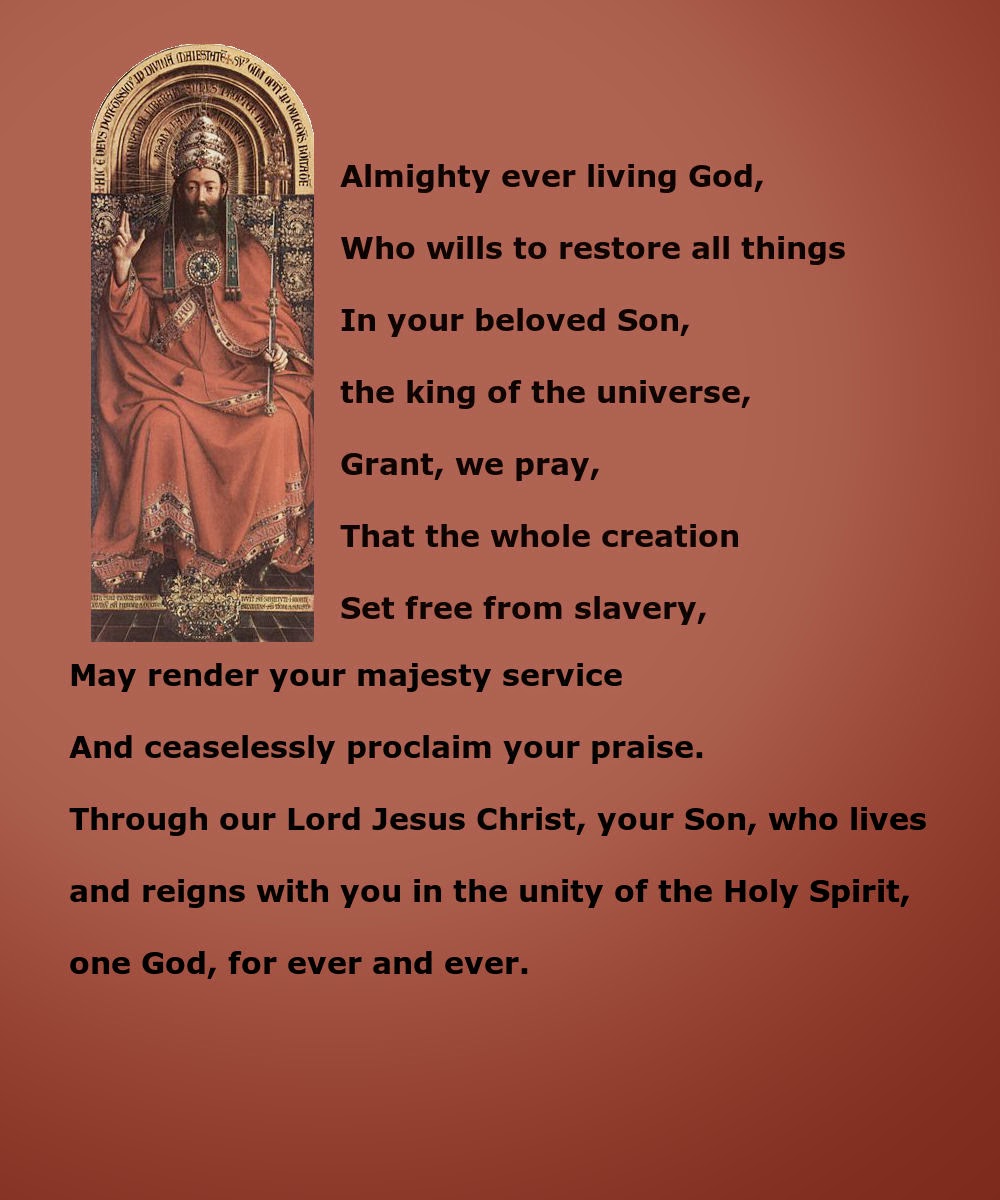He said to them, "Come after me, and I will make you fishers of men."
At once they left their nets and followed him.
It may be hard to imagine sensible persons abandoning their families, work and careers to follow a stranger who has only said, "Come after me, and I will make you fishers of men." We can be forgiven if we fill out the story, supposing they had heard Jesus speak in the synagogue; had met with him on occasion; admired him greatly; and, when the moment came, dropped their nets to follow him.
But that retelling, I think, misses the point. Jesus' coming is abrupt. Although it fulfills the scriptures, it is nonetheless unexpected and unconventional.
This is how the Christian's life must be, somewhat unexpected, not entirely predictable:
I once took a principled stand against the proliferation of weapons in a civilized society and wrote a letter to the editor of the small town newspaper where I lived. There were only three priests in that community so I was pretty well known. Some time later, as I was preparing to leave the town and walking its streets on a pleasant Sunday afternoon, I wondered if I had many difference during my seven years there. I was feeling sad as I walked, I remembered many regrets.
It may be hard to imagine sensible persons abandoning their families, work and careers to follow a stranger who has only said, "Come after me, and I will make you fishers of men." We can be forgiven if we fill out the story, supposing they had heard Jesus speak in the synagogue; had met with him on occasion; admired him greatly; and, when the moment came, dropped their nets to follow him.
But that retelling, I think, misses the point. Jesus' coming is abrupt. Although it fulfills the scriptures, it is nonetheless unexpected and unconventional.
This is how the Christian's life must be, somewhat unexpected, not entirely predictable:
The wind blows where it wills, and you can hear the sound it makes, but you do not know where it comes from or where it goes; so it is with everyone who is born of the Spirit.”The life of the Christian is always immediate. As Saint Paul said,
Behold, now is a very acceptable time; behold, now is the day of salvation.Recent spirituality, with its exotic flavor of Buddhism, would have us be aware and mindful of the present moment. Recent Christian spirituality echoes that urgent message with its "life in the spirit;" while "nones" appeal to their "spirituality." In every case, it's a disciplined attention to the moment and its opportunity. The Christian has the added assurance of doing as Jesus would do, were he in this present moment and this present situation.
I once took a principled stand against the proliferation of weapons in a civilized society and wrote a letter to the editor of the small town newspaper where I lived. There were only three priests in that community so I was pretty well known. Some time later, as I was preparing to leave the town and walking its streets on a pleasant Sunday afternoon, I wondered if I had many difference during my seven years there. I was feeling sad as I walked, I remembered many regrets.
Suddenly I heard a honk and looked up to see a fellow flipping the bird at me! Was it a friend just kidding me? No, it was someone who didn't like me! Wow. I thought, I have made a difference!
It was the Spirit that spoke in that moment, prompting a hateful response from an unfortunate soul, and laughter in mine. I might have been frightened or upset that someone didn't like me. I could have been angry that anyone disagrees with me. But I just found it funny that, at that particular moment of regret and sadness, I should receive a message of reassurance. Yes, Ken, you made a difference.
As they said in that southern city, the difference between a Yankee and a Damned Yankee is the Yankees go home.
Tomorrow begins another liturgical year as we celebrate the First Sunday of Advent. Let us pray that the Spirit will make us ready to laugh or cry; stand up, sit down, or lie down; listen or disregard; and that we will be ready at every moment to obey.
It was the Spirit that spoke in that moment, prompting a hateful response from an unfortunate soul, and laughter in mine. I might have been frightened or upset that someone didn't like me. I could have been angry that anyone disagrees with me. But I just found it funny that, at that particular moment of regret and sadness, I should receive a message of reassurance. Yes, Ken, you made a difference.
As they said in that southern city, the difference between a Yankee and a Damned Yankee is the Yankees go home.
Tomorrow begins another liturgical year as we celebrate the First Sunday of Advent. Let us pray that the Spirit will make us ready to laugh or cry; stand up, sit down, or lie down; listen or disregard; and that we will be ready at every moment to obey.













